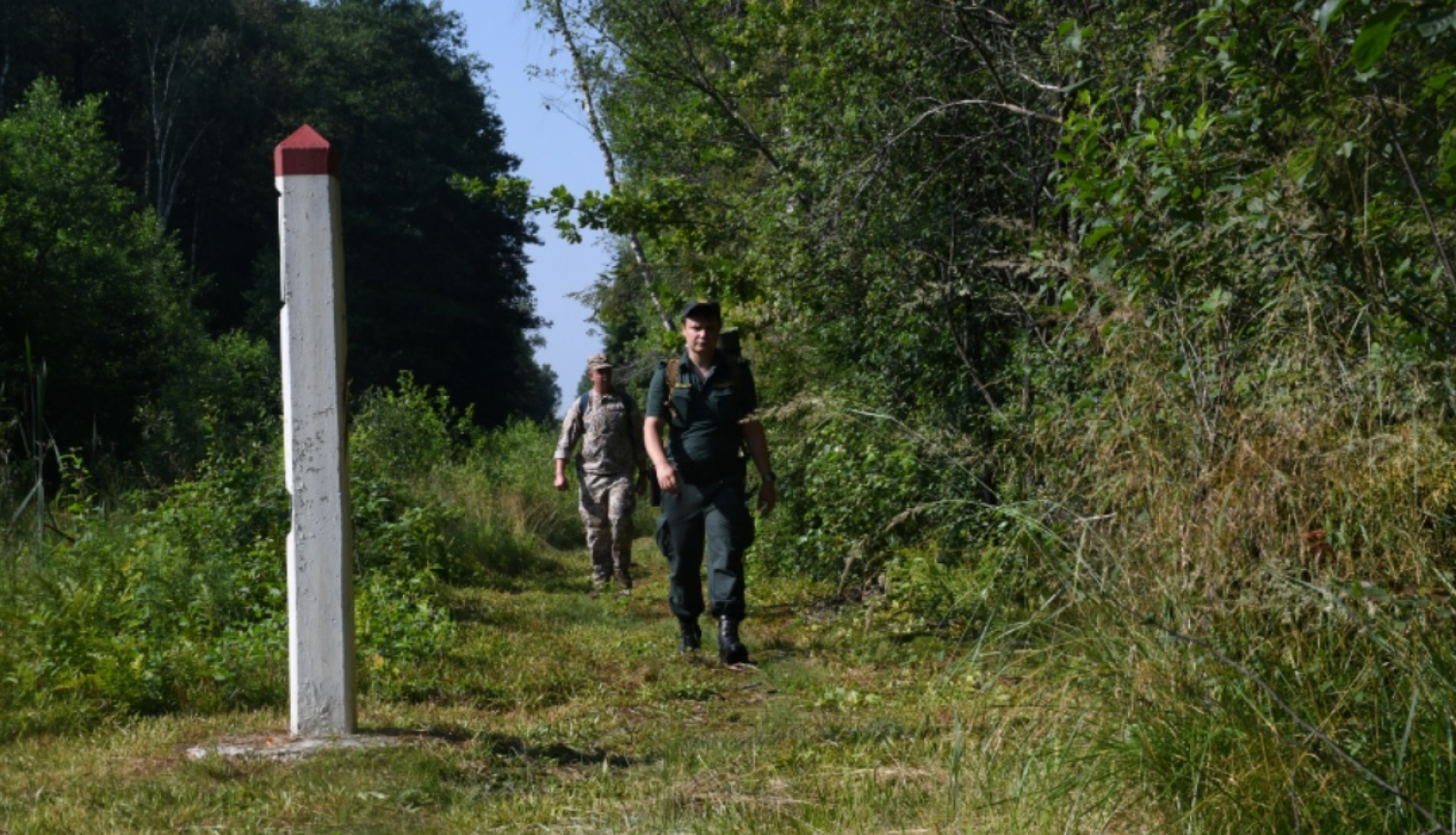From POLITICO interview with Marija Golubeva, minister for the Interior of Latvia
Opinion piece
Since July, the surge in illegal migration from Belarus to Latvia, Lithuania and Poland has seen thousands of migrants stranded on the EU’s borders. With the situation reaching a crisis point, just last week the prime ministers of all three countries, along with their Estonian counterpart, expressed grave concern regarding the situation unfolding at their borders.
Lured by promises of easy access to the EU and the chance to settle in countries such as Germany or Sweden, thousands of people from as far as Iraq boarded planes bound for Minsk, where they were escorted to the borders of these countries. However, it is increasingly clear that this situation is not simply being tolerated by Minsk but has been planned and systematically organized under the guidance of Belarusian President Alexander Lukashenko’s regime.
Lukashenko’s plan is simple: Overwhelm the reception and asylum systems of the EU with a new stream of irregular migration, and strain our capacity to react to genuine crises. This is nothing other than a form of hybrid warfare, exploiting the gray area between peace, crisis and war. And the situation only continues to escalate.
It can’t be allowed to continue. The EU must effectively protect its external borders and prevent any illegal border crossing. By closely following the migratory and security situation, the EU should develop new tools to deter and act against attempts to instrumentalize illegal migration for political purposes, both now and in the future.
Many countries have faced the threat of a hybrid war before — including Georgia, Ukraine, Sweden, Finland, the Netherlands and, of course, Latvia. What is new is the method being used to make this threat real: the weaponization of migration.
NATO defines a hybrid threat as one “that combines conventional, irregular and asymmetric activities in time and space.” Hybrid threats do not invoke a particular sequence of events. They are coordinated activities that target the weakest systemic points of democratic states and institutions, aiming to reach strategic objectives that will make their targets more vulnerable.
The most important test for any country facing such a threat is its capacity to react rapidly. When it comes to migration, it is well known that EU member countries have limited possibilities to simply push or force back those who cross their borders illegally. And Belarus knew this as it organized and directed a stream of migrants toward the eastern border of the EU.
Therefore, the swift reaction by Latvia and Lithuania to declare a state of emergency in border areas was a necessary and bold step to guard the EU’s external border. The declaration is a clear message to both Belarus and potential irregular migrants that EU countries will not permit the illegal, uncontrolled crossing of their borders.
The hybrid threat also poses a risk to our societies more broadly. Governments that face such threats are put under great strain: It can become increasingly difficult to reach a political consensus, both at home and internationally, as hybrid threats lead to ambiguity and uncertainty and exploit the cracks of distrust in societies to deepen existing conflicts.
We are also facing an element of “information warfare,” another aspect of hybrid threats, as Belarusian media are attempting to portray Baltic countries and Poland as the real culprits — anything to sway public opinion from seeing the government of Belarus as the source of the conflict and shift focus toward the countries on the receiving end of this attack.
The situation on the Belarus border is becoming increasingly untenable. Prevented from returning to their countries of origin by Belarusian authorities, people brought near the Latvian-Belarusian border have been left without food, shelter or medical assistance. Latvia’s border guards are now providing these migrants with health monitoring, food and hygiene products.
Border guards and officials in charge of Latvia’s external border will continue to act in accordance with the law and international treaties. But we also need Europe’s support: We must do everything to join our efforts to prevent undemocratic regimes in our neighborhood from targeting our external border and abusing our asylum policies.
Europe is not just a geographic area; it is a union based on rights and values. To protect Europe means not only protecting its physical borders but also its values and the rule of law.
Knowing the ruthlessness of the Lukashenko regime, the EU must also be ready for a possible escalation of the situation in the near future.



